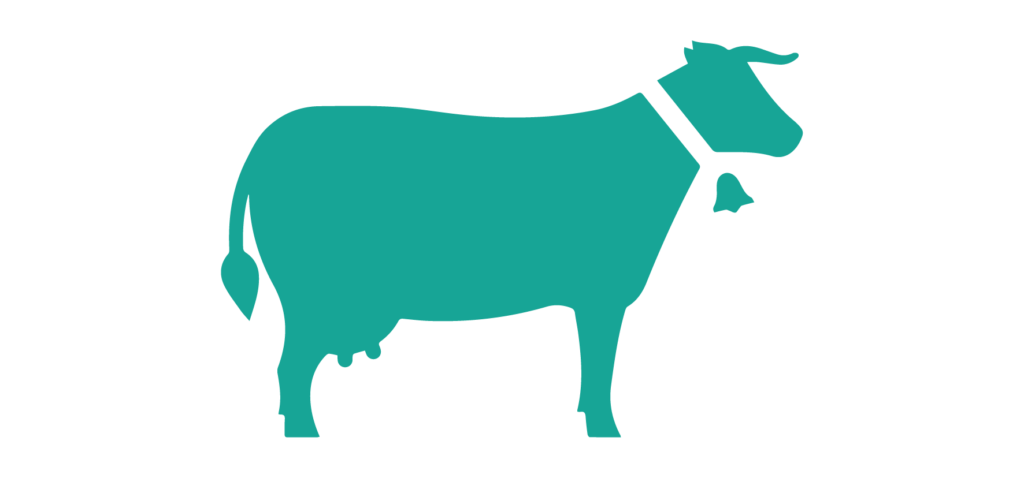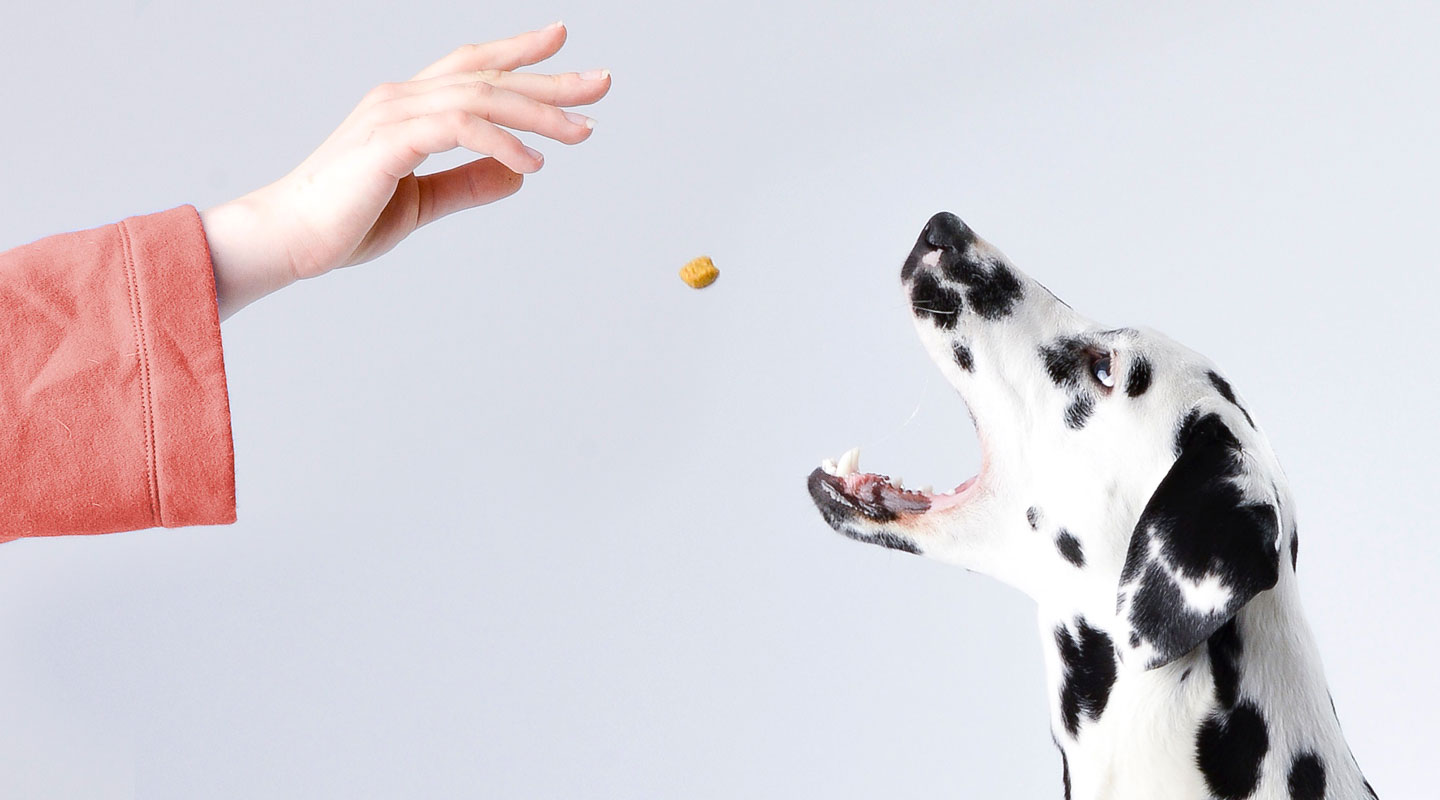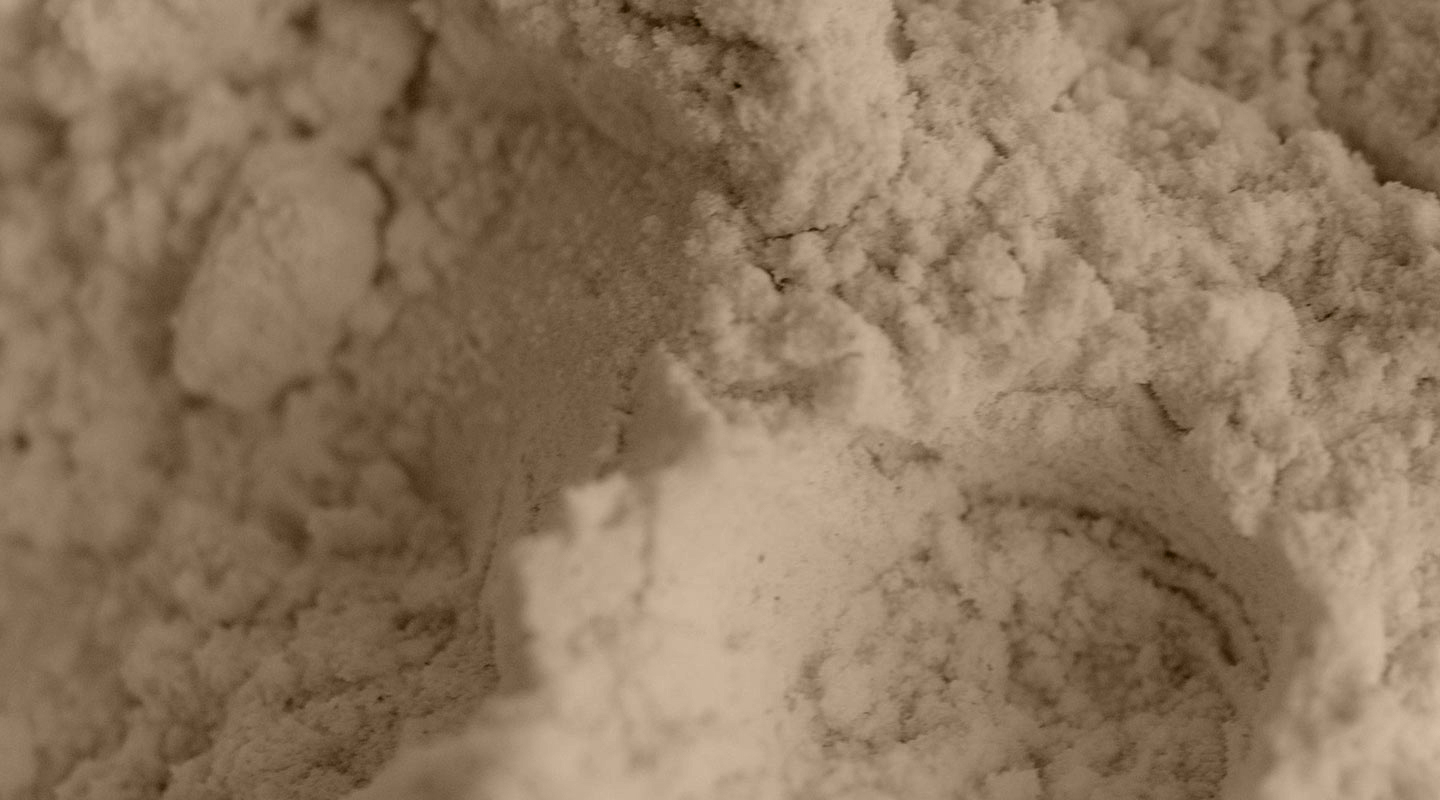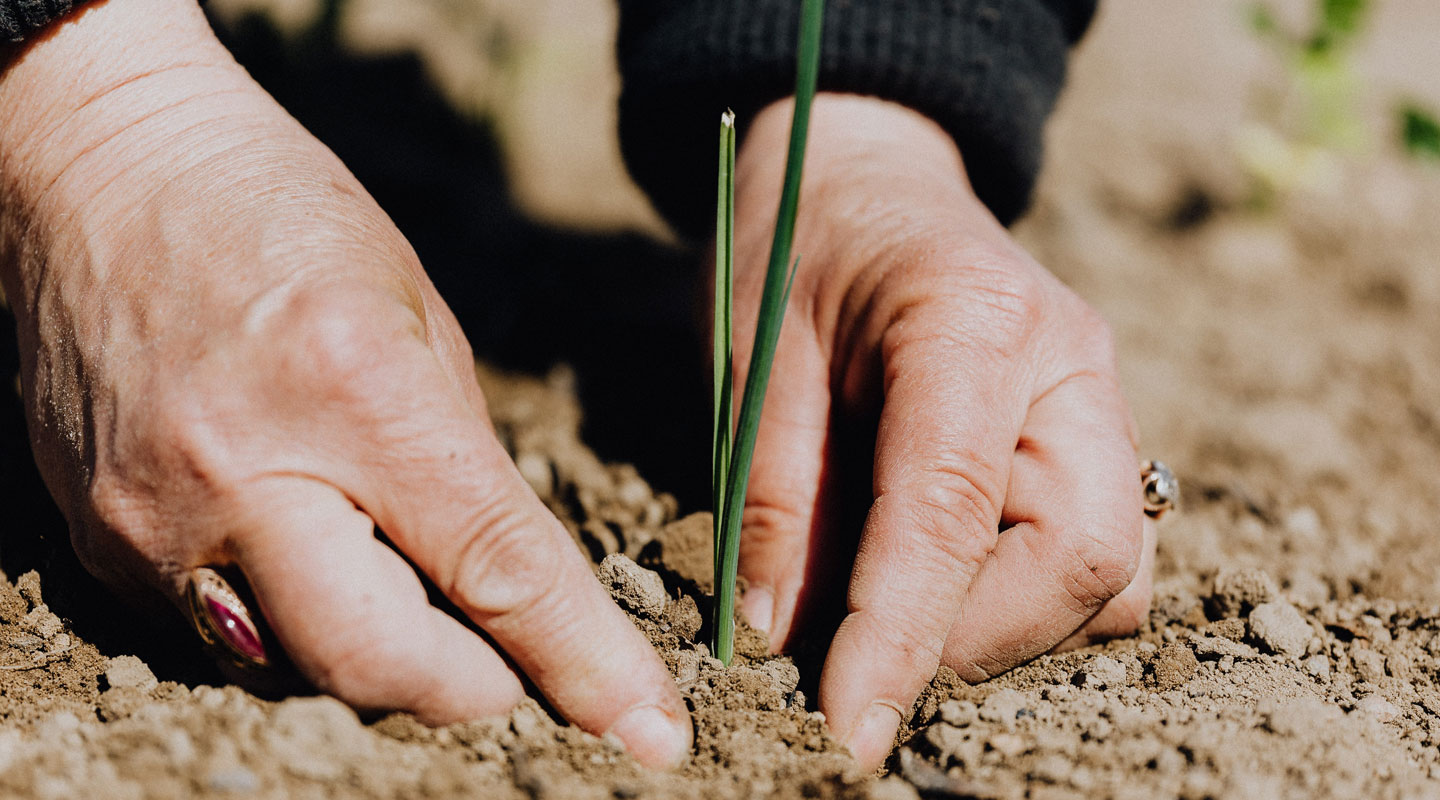Collection, transport and processing of S.O.A.

LEM Ecological Mangia Line
LEM is a leader in the recovery, transport and processing of Category 1 and 3 Animal By-products.
Reg. 1069/09 (EC) and subsequent amendments contained in Reg. 142/11, (EC) defines as S.O.A., or By-product of Animal Origin, or other products of animal origin not intended for human consumption. It is possible to distinguish different categories, namely Category 1, regulated by art. 8 of the aforementioned regulation for material intended directly for incineration and Category 3, regulated by article 10 for by-products intended for the processing and supply chain of PET FOOD.
S.O.A. Category 1
By-products intended for incineration and destruction. After harvesting, they are delivered to specialized plants where they end their journey.
S.O.A. Category 3
Animal by-products no longer intended for human consumption. After harvesting, they are delivered to processing plants, where after a series of processes they return to nature in the form of Pet Food.
LEM recovers waste and contributes to the creation of pet food for animals
These are heat-treated pet foodstuffs packaged in hermetically sealed containers, products designed to be processed from other materials of animal origin.


After recovering and transporting the products, LEM relies on competent structures for the creation of cosmetics.
After the storage phase, animal waste is delivered to processing plants that take nutrients, such as proteins and fats, to reuse them in the supply chain of cosmetic products.
LEM deals with the recovery of animal waste and then participates in the creation of medical material and medicines.
In the pharmaceutical field, S.O.A. are useful for the creation of veterinary drugs and supplements.


LEM deals with the storage and transport of animal materials destined to become meal for livestock use.
The company guarantees the transformation of SOAs into flours of various kinds in the sector of making Pet Food for our four-legged friends.
LEM recovers animal waste to participate in the production of fertilizers.
Materials of animal origin used, separately
or in combination, to preserve or improve the nutrition of plants as well as the physical and chemical properties of the soils and their biological activity.




